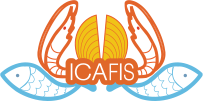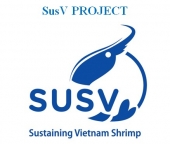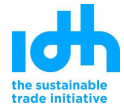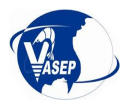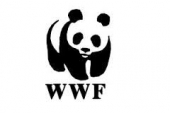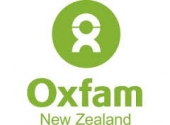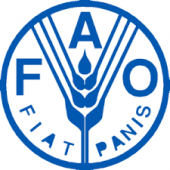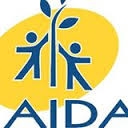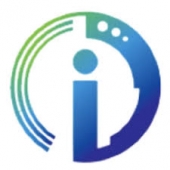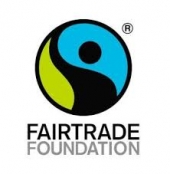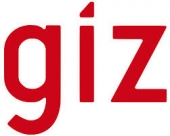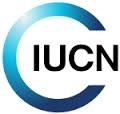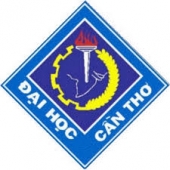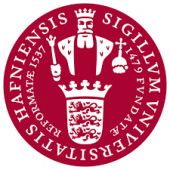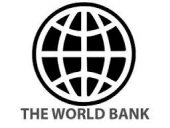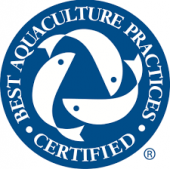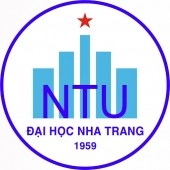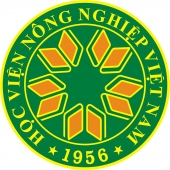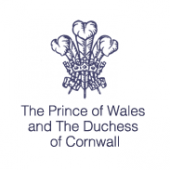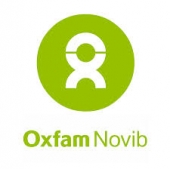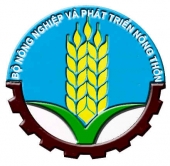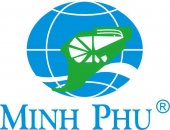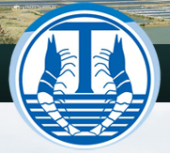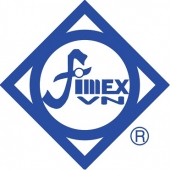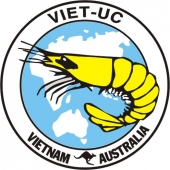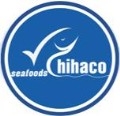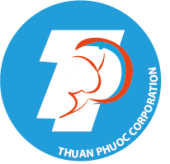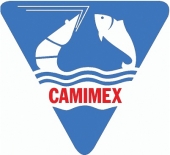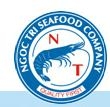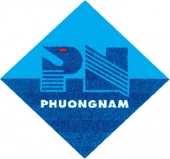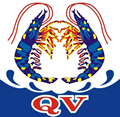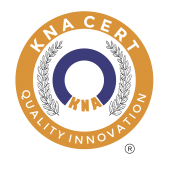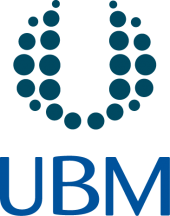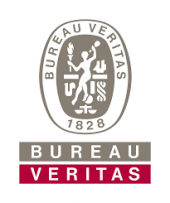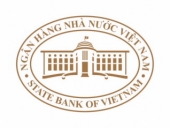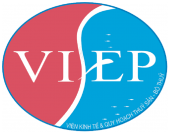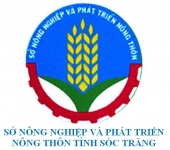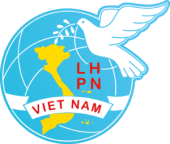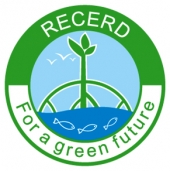TERMS OF REFERENCE
CONSULTANCY SERVICE CALL FOR RESEARCH ON SHRIMP PRODUCTION AND MANAGEMENT IMPROVEMENTS
Activity 2.2 – 5.2.5,

- 1. BACKGROUND
Vietnam shrimp production provides livelihoods for over a million of people and improves income for small scale producers who are accounting for more than 80% of Vietnam shrimp production. However, the booming of shrimp industry, relies on saline water ecology, has been associated with serious environmental and social impacts. The linkage and relationship between various shrimp value chain actors has been fragmented and inefficient which negatively affects product quality and traceability that decreases the competitiveness of Vietnam shrimp products globally. Limited access to financial resources is also a barrier to expand production and comply with required standards of small scale producers and SME processors.
Project “Sustainable and Equitable Shrimp Production and Value Chain Development in Vietnam – SusV”is a four_year project funded by EU under SWITCH Asia programme (2016-2019), Implementing by OXFAM Vietnam and International Collaborating Centre for Aquaculture and Fisheries Sustainability (ICAFIS), The Project will focus mainly on the 3 provinces in Mekong Delta (Ca Mau, Soc Trang and Bac Lieu).
The project promotes sustainable economic prosperity and poverty reduction in Vietnam through improving social and environmental impacts of shrimp production and related activities in its value chain. The project facilitates adoption and practice of P-SIA/B-EIA of ASC and CSR standards by shrimp producers and processors; improves access to finance and production efficiency; empowers small scale shrimp producers; advocate for application of sustainable production criteria in government’s value chain credit policy. The Project envisions a multi-stakeholder approach (including public, private, NGOs and civil society stakeholders) for the development of the shrimp value chain through the application of sustainable standards, improved production efficiencies as well as scaling up effective access to finance. The Project specifically aims to reduce negative impacts on biodiversity and water sources. In addition, it will increase resources efficiency (water, energy and feed), ensure sustainable livelihoods and improve the economic condition of SME shrimp processor and small scale shrimp producers especially women. At the same time, through responsible standards compliance, the Project improves labour and working conditions, especially for female workers. The Project will introduce easily replicable solutions that can be adopted by other actors and sectors.
The Overall Objective of this Project is: Contribute to sustainable economic prosperity and poverty reduction in Vietnam through improving social and environmental impacts of shrimp production and processing. The four Specific Objectives of this Project are closely interlinked and lead to a sustainable outcome with benefits for small scale shrimp producers, SME shrimp processor, surrounding community members and consumers.
Specific Objective 1: Participatory Social Impact Assessment (p-SIA) and Biodiversity Environment Impact Assessment (B-EIA) criteria of Aquaculture Stewardship Council (ASC) standards will be adopted by shrimp producers and CSR norms are practiced by shrimp processors, to minimize the social and environmental footprint of commercial aquaculture.
Specific Objective 2: Vietnamese small scale shrimp producers and SME shrimp processors have access to adequate finance and improved production efficiency.
Specific Objective 3: Small scale shrimp producers are empowered to have a stronger voice in negotiation with other actors in the value chain.
Specific Objective 4: Government’s credit policies targeting aquaculture/shrimp producers are promoting SCP and are designed effectively to support the development of the shrimp VC.
Project Management Unit (OXFAM/ICAFIS) open a call researches on improved technologies and management. The researches will be expected to provide improved and practical technologies and management.
- 2. OBJECTIVES
The primary aim of the research is to describe the status of applying technology and management practices in shrimp production, provide practical and improved technology and management in order to help shrimp producers to optimize energy efficiency, decrease feed/water consumption, conserve soil/nature and protect environment, as well as mapping of companies and suppliers that will be able to offer the technologies and consultancy services.
The specific objectives of the researches are:
- To describe the status of applying technology and management practices in shrimp producers on the topics:
- The level of production mechanization in feeding, aeration, water input, water charging, pond preparation and other production activities.
- Applying the advanced technology such as bio_floc, using bio-products, greenhouse, automatic water quality monitoring by using sensors, wastewater treatment technology, shrimp brood_stock domesticating technology….
- Electricity consumption; Water consumption (incl. water pump optimization); Optimizing feed use, feed monitoring and sampling; Shrimp pond sludge; Improving land conditions; Optimizing energy consumption behavior.
- To collect experiences, demo/pilot and ideas and available solutions for energy efficiency, feed/water consumption decreasing, soil/nature conservation and environment protection from producer groups and other EU Switch Asia partners, the Network Facility and experiences of Oxfam, ICAFIS in other countries.
- To map the companies and suppliers that will be able to offer the technologies and consultancy services.
- To document, disseminate the research findings the target groups and other interested stakeholders (including EU Switch Asia partners and the Network Facility)
- 3. SCOPE OF WORKS
The consultants would be expected to carry out the following works:
- Review Project documents (proposal, baseline report, relevant documents/references…)
- Design the study methodology with required tools and templates
- Conduct researches specified in the above objectives with developed methodology
- Compile the report “The Improvements of Shrimp Production towards SCP” in both English and Vietnamese based on the research findings
- Disseminate the research findings to related project participants, technology suppliers and experts through two workshops.
- 4. METHODS
Desk Review:Review current available reports, documents related to the topics mentioned above in Mekong delta of Vietnam as well as other EU Switch Asia partners, the Network Facility and experiences of Oxfam, ICAFIS in other countries.
Field research: Collect and analyse quantitative & qualitative data on the topics mentioned above, specially focus on Electricity consumption; Water consumption (incl. water pump optimisation); Optimising feed use, feed monitoring and sampling; Shrimp pond sludge; Improving land conditions; Optimising energy consumption behaviour, production management, management of cooperatives ;. The data should be collected on knowledge, attitude/behaviour practice and technology aspects.
The following are key approaches and tools recommended for the study:
(1) Semi-structured Interview
(2) Checklist/questionaire
(3) Key informant interview
(4) Case study
(5) Energy/water using assessment.
(6) Households interview
(7) observations
(8) Group Focus Discussion
(9) Stakeholders Consultation Meeting
- 5. DELIVERABLES
The following are the expected deliverables:
- Inception report
- Research instruments
- Detailed sampling plan
- Data sets including detail analytical data tables, participants list
- Draft report
- Final report with detail notes of Focus Group discussion and consultative inputs from multi-stakeholders
All outputs are required to be submitted to PMU (OXFAM, ICAFIS) in both English and Vietnamese language in hard copies and in electronic format, in hard copy as complete files fully formatted with all figures, tables and maps included within the text
- 6. TIMEFRAME
Timeframe for the study will be expected within 06 weeks since signing date of the consultancy contract which is scheduled from August-Sept, 2016. The consultants will be expected to provide a detail study schedule against the following time spots:
- Inception reports within 15 days since contract signing date.
- Draft study report would be expected by the Mid of Sept, 2016.
- Final report with consultations from other Oxfam, ICAFIS’s experts/consultants the last week of Sept 2016.
- 7. REQUIREMENTS FOR CONSULTANTS
The consultants must have:
- Qualifications in one of following majors: food industry, aquaculture, environments, energy, mechanism, business management.
- At least 07 years’ experience in related fields (survey, study, research, data analysis, energy/water)
- Skills and experiences in the research topics
- Experience in aquaculture production in the Mekong Ddelta
- Knowledge and skills of
- Be committed to and able to meet the deadline
- Documentation skills
- Excellent Vietnamese and English writing skills.
- Strong computers skills, SPSS/EPI Info/STATA/ CSPro 4.0 software would be an advantage
- 8. PROPOSAL SUBMISSION
The Proposal should be submitted in English by email before 5 PM 30 July, 2016 to:
International Collaborating Centre for Aquaculture and Fisheries Sustainability – ICAFIS
Contact person: Dinh Xuan Lap – Deputy director, SusV project coordinator
E-mail: lap.dinhxuan@icafis.vn
Phone: 84-985.024.307
The Proposal should be specified in terms of:
- Introduction of the Consultants’ profile and related experience
- Technical methodology to achieve the study objectives within expected timeframe.
- Specific study schedule
- Study personnel including team structure and allocation (with CVs)
- Breakdown financial proposal
Note: Only those candidates selected for an interview will be contacted
